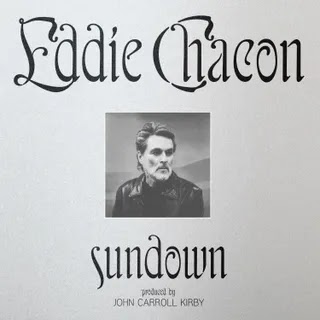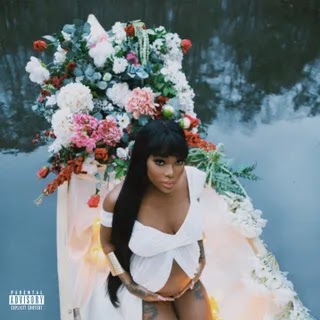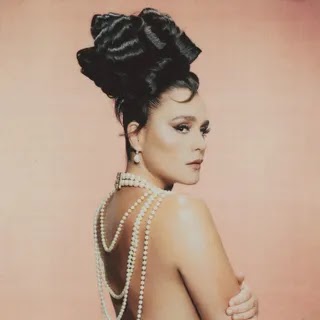Alessia Cara’s moving and mature album is a sleek ode to in-between states, whether they are relationships or her career track as a pop star.
Alessia Cara made a career of chronicling the aches of growing up as an outsider. She sang anthems for the isolated, the anxious, the self-branded antisocial. Sometimes, she wrote with a cutting specificity; her breakout single, “Here,” gave a panoramic view of a party from the vantage point of the loner slumped near the TV, a beanie slung low over her eyes. The song was a massive hit that sent her into the pop machine, and soon after she signed to Def Jam, Cara released a stream of sanitized songs with Big Messages—the cloying “Scars to Your Beautiful” addressed a girl who cuts herself, the earnest “Trust My Lonely” was a cheesy ode to intuition. Her albums alternated between tracks that harnessed her keen eye for detail and songs more suited for Disney soundtracks (Cara eventually was featured on the Moana soundtrack). But her undeniable voice and her keen introspection made Cara a compelling figure in the pop world, even as she struggled to define what type of star she wants to become.
Cara’s latest album, In the Meantime, is a sleek ode to this in-between state. It’s a record with defined parameters: She tends to herself after a breakup, with a constant eye towards whatever love might come next. This is the kind of album best written at the age of 25, and Cara grasps for profundity when she tackles the first apprehensions about aging—“You live and then you die,” she rasps on “Best Days,” “but the hardest pill to swallow is the meantime.” The song unfolds a lot like the half-baked meditations on Lorde’s “Stoned at the Nail Salon,” from another album about drifting through a quarter-life crisis. The record’s other clear parallel is Adele’s 25, a fellow collection of bracing breakup tracks and a time capsule for fading youth, buoyed by breathtaking vocals.
But where Adele sang about straightforward, straining sadness, Cara revels in clashing emotions. This is an album about feeling everything at once, and Cara cuts through her own chaos with sharp writing. Take the crystalline one-liners underpinning her choruses: “I miss you, don’t call me;” “I’m by myself, you’re somebody else;” “I love you, but you let me down.” She doesn’t let herself off the hook, either; some of Cara’s best writing on the album comes when she names her doubt and delusion. “I fill blanks with my own pride/I tell myself you’re miserable without me” she sings on “Somebody Else.” Her layered vocals bloom into lush harmonies throughout, intensifying the record’s internal feel.
The themes Cara explores here are moving and mature, but she dilutes them when she relies too much on metaphor and conceit. On “Find My Boy,” she auditions a cast of potential love interests—the Brooklyn bro picking up a pizza, the “short and sweet” poet, the dude doing yoga on the beach—and the descriptions drag on over the feather-light beats. In “Drama Queen,” she compares a turbulent relationship against the Hollywood ideals of love, but her quest for “a knight in shining armor” grows weary as the slick percussion ticks on. Cara spends much of the record parsing her tangled reflections on her past relationship, a muddle of blame and want and sting and need. At times, all this conflict jarringly contrasts the sound of the album: crisp, frictionless, pristine pop. She sings about holding in and hiding “explosive emotions” in “Box in the Ocean,” and the song itself tucks them away in bright trumpets and a reggae-inspired feel.
These buoyant tracks build to the closer “Apartment Song,” a sparkling coda that shows Cara luxuriating in alone time. She twirls around her kitchen and peers at the sky, she dances in front of the TV, she changes her number. Cara shines with clarity, exhaling and exalting. Especially for an artist who’s sang so much about the pains of feeling on her own, it’s delightful to hear her find bliss in solitude, holding onto the fleeting joy for as long as she can.
















0 comments:
Post a Comment